By Lin Zhuowei
(ECNS)— As the Communist Party of China (CPC) celebrated its 103rd birthday on July 1, Nepal's Former Prime Minister Jhala Nath Khanal, currently a senior leader of the Communist Party of Nepal (CPN, Unified Socialist), gave a special interview with China News Network to share his observations on the progress that the CPC has made over the years.
"The CPC is the largest communist party in the world today," Khanal noted, "and it's the (reason) why within 30 or 40 years of time China has now become one of the most powerful economies in the world."
"In every period, I am very much impressed that the CPC formulates very correct lines of policy and principles," Khanal recognized the CPC's role in leading the country's democratic revolution and socialist construction through rational policymaking, stressing that China's economic success wouldn't be possible if it weren't for the CPC.
Nonetheless, the key to the Party's success lies in its deep, wide connection with the people, as can be seen from the formation of the national united front against the Japanese Aggression in the mid-20th century as well as the Chinese modernization that benefits the people.
"Every country in the world must learn from China's experiences how Chinese modernization is bringing goods for the general public," said Khanal.
"In the process of modernization, China is also learning from the world, from the Western world, and from the third world," Khanal further pointed out.
"China is learning and developing itself. Instead of depending on others, China is depending on its own wisdom, its own resources and is developing its own strategy, according to its real concrete conditions," said the political leader.
As a senior leader of CPN (Unified Socialist), Khanal suggested that Nepalese communists learn from China through more exchanges and cooperation between the two sides, especially about Chinese modernization and socialist democracy.
"The Nepalese communist parties should have very cordial and frequent relations with the CPC, particularly, we have to learn how China is developing a new socialist system; how it is possible in China that the poverty alleviation has happened; what is the difference between socialist democracy and capitalist democracy."
"It's a very good example for the modern world. So, we have to learn from China," said Khanal, "A lot of delegations from our country must visit China, particularly from our party, youth delegation, or women delegation. Such delegations have to visit China, so they could have a very fresh and modern knowledge about socialism."










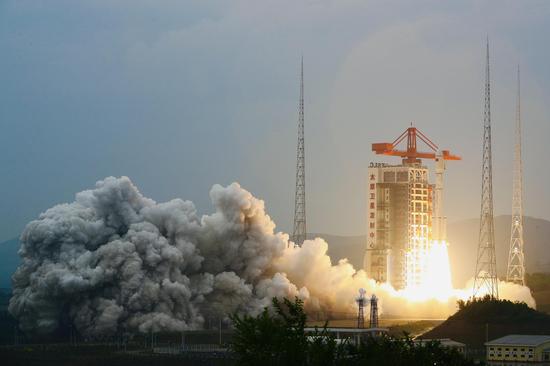
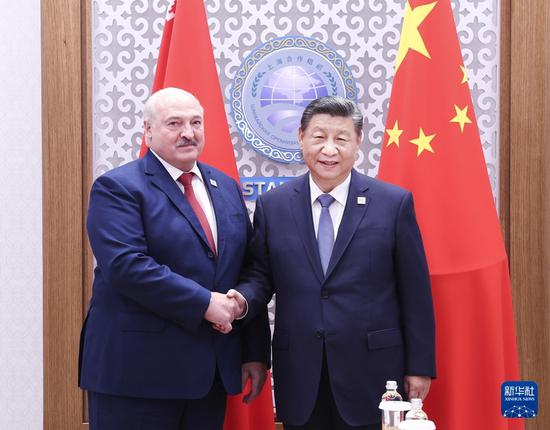
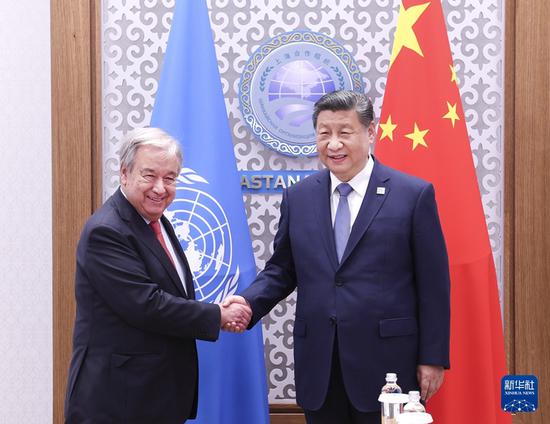
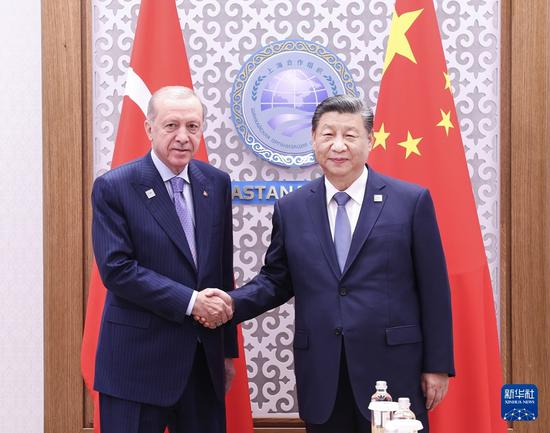
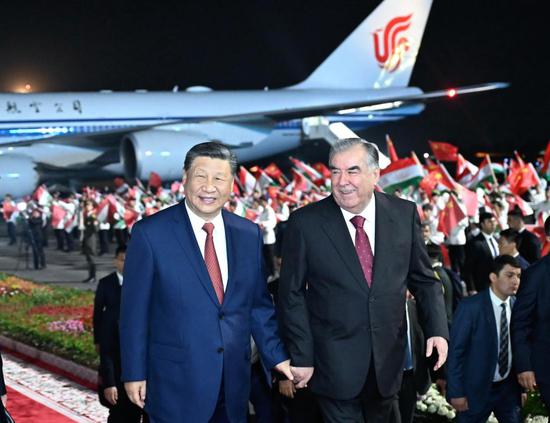
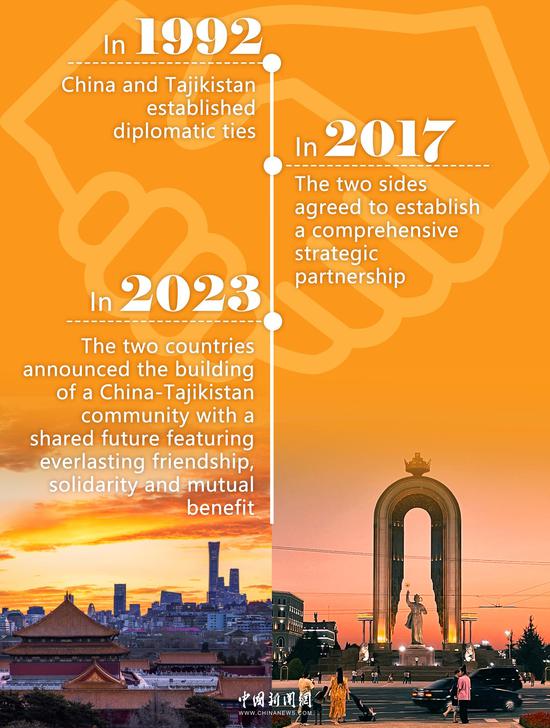
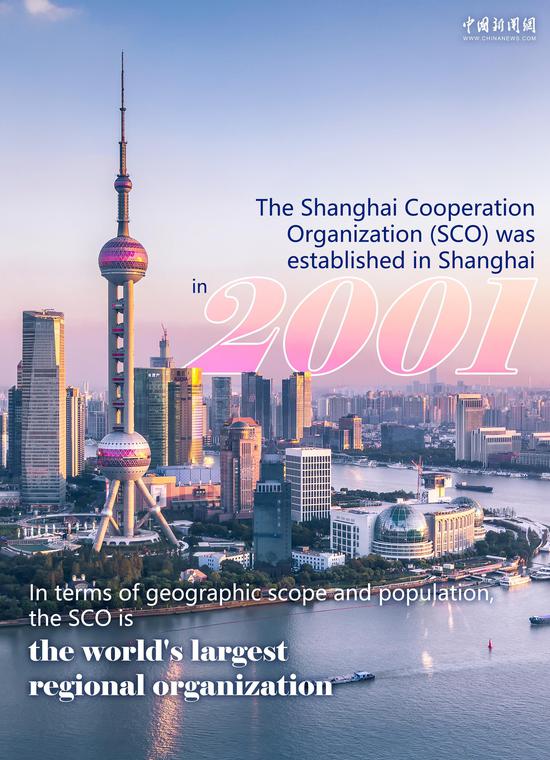

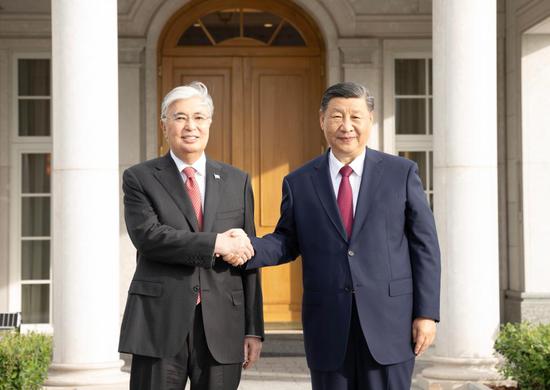
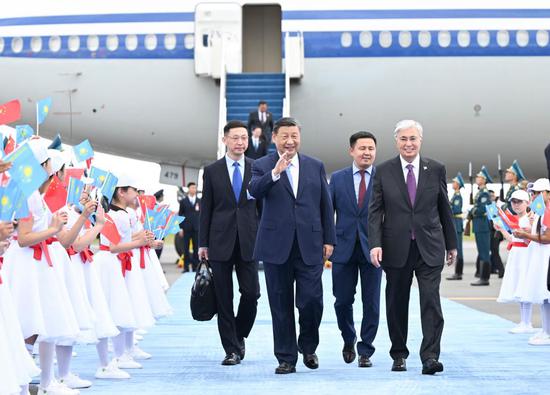

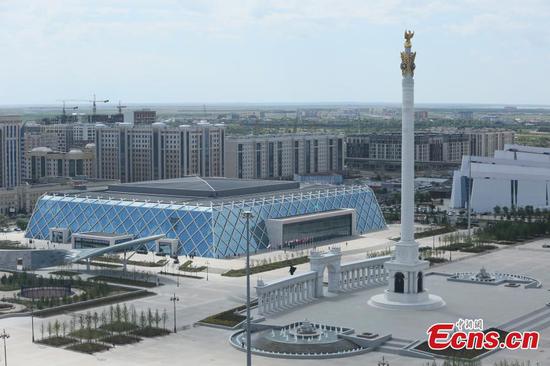
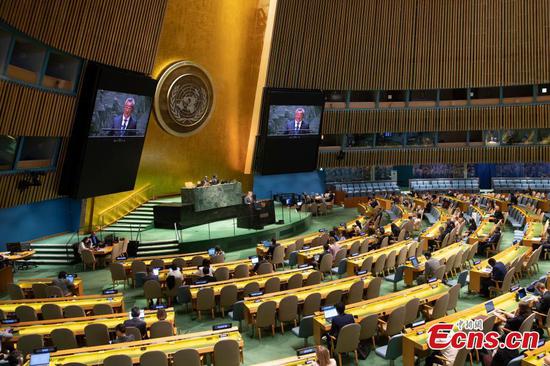


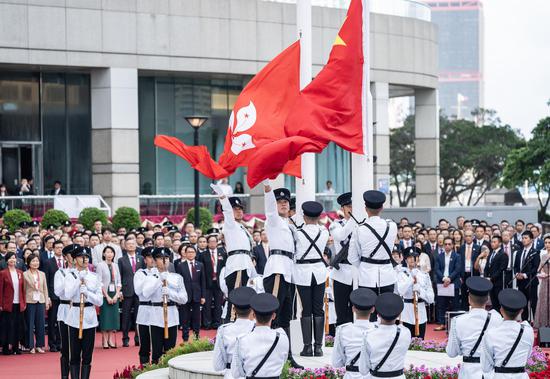

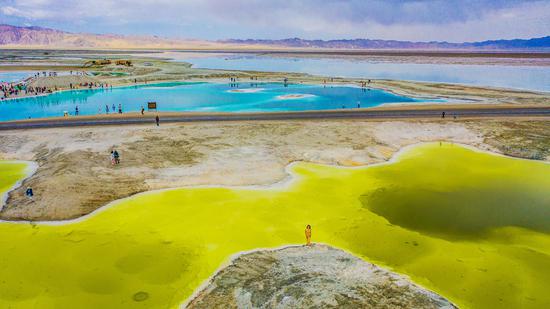
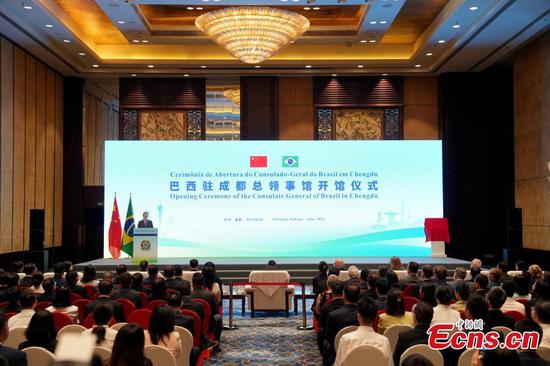
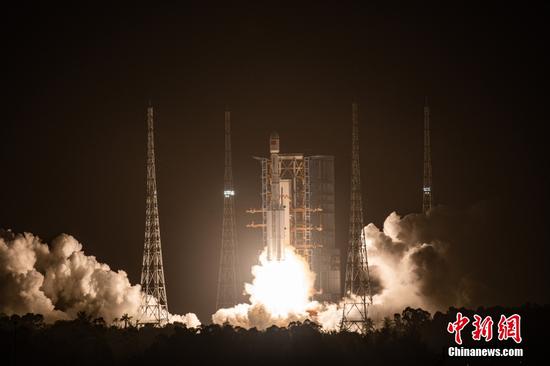

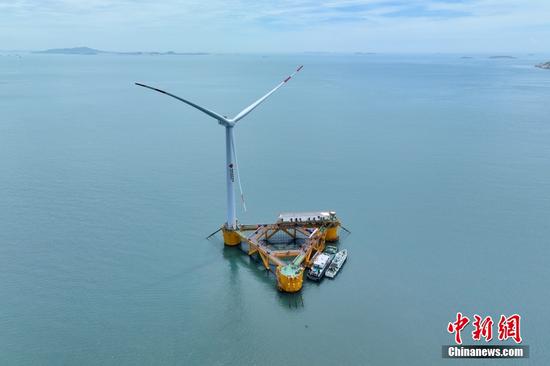
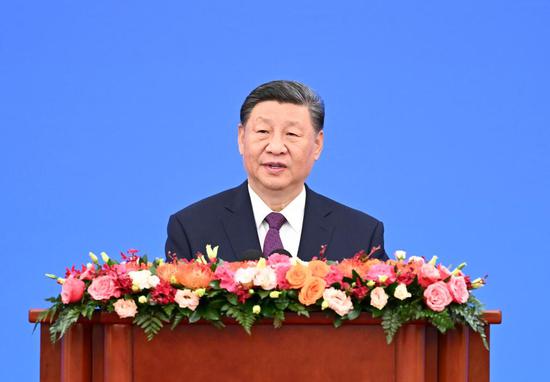
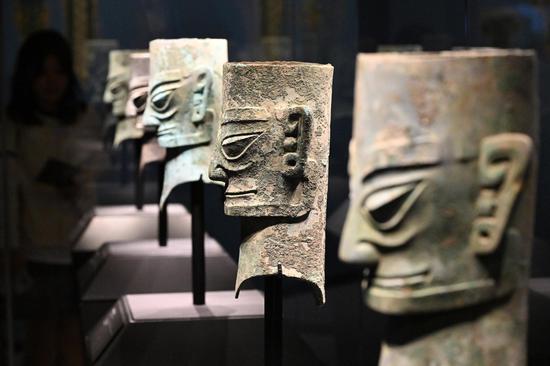
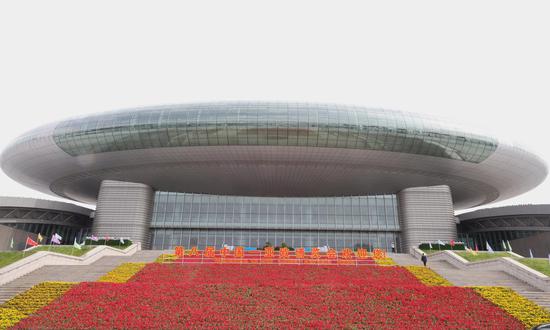


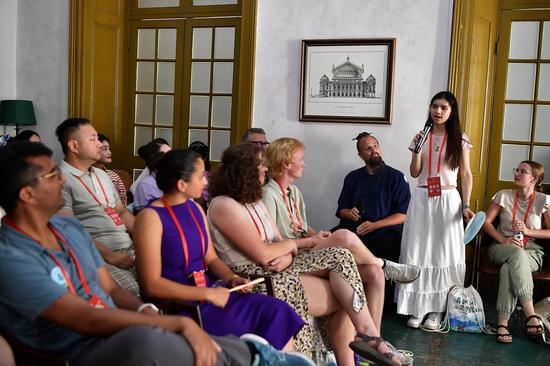





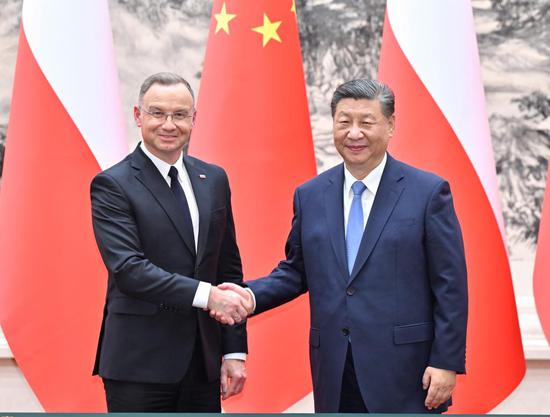


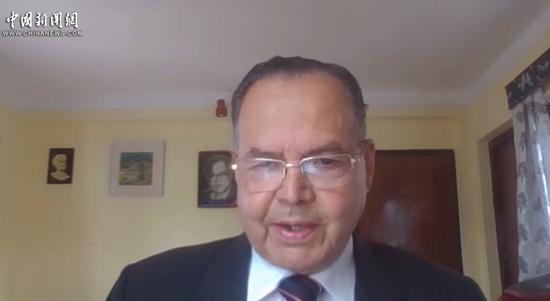

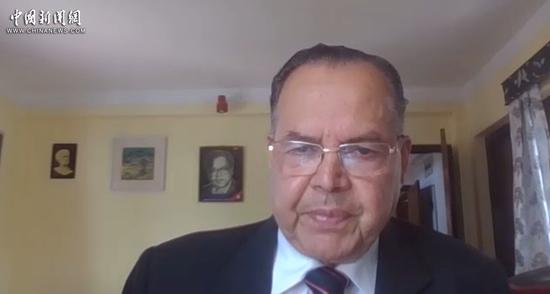

 京公网安备 11010202009201号
京公网安备 11010202009201号